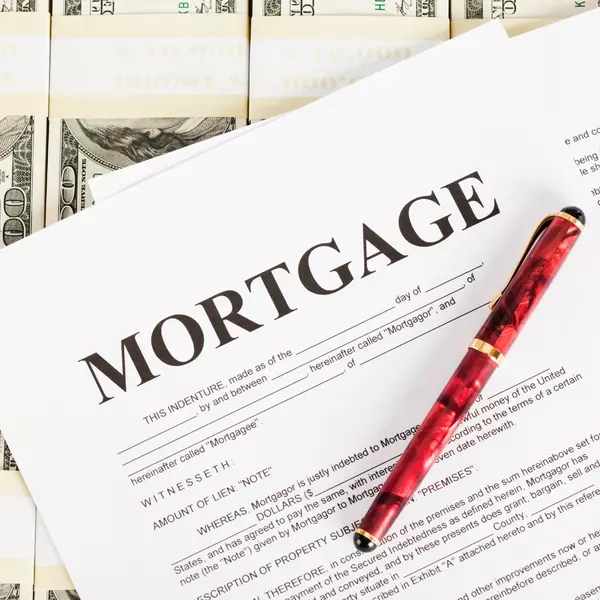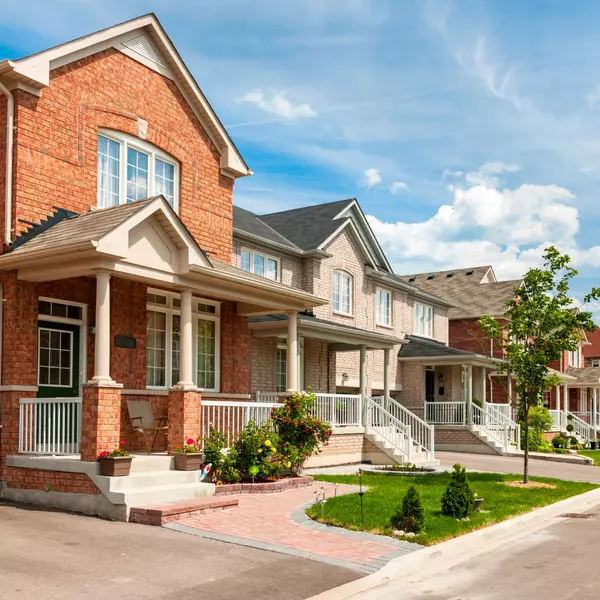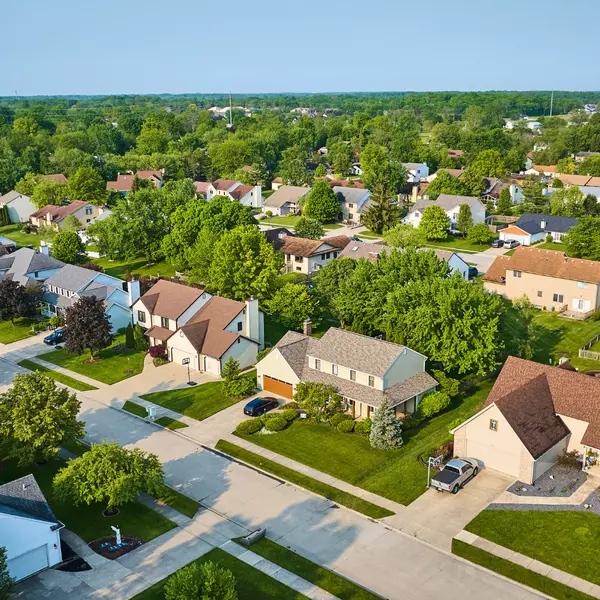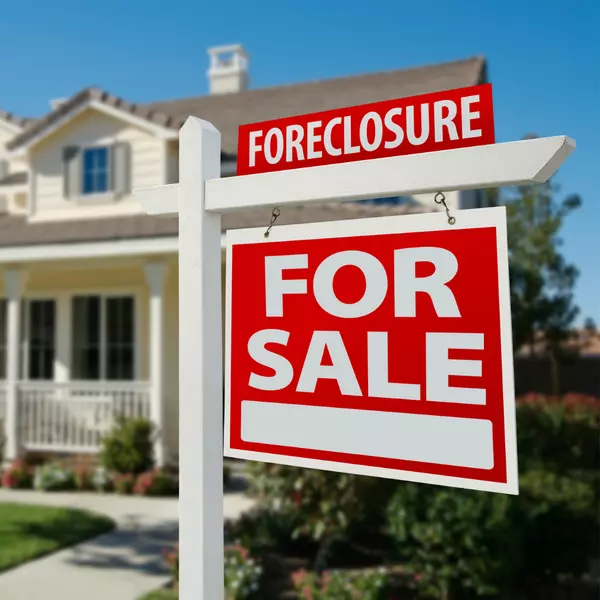Exploring the Eco-Friendly Home Improvement Credit in Rhode Island and Massachusetts
Exploring the Eco-Friendly Home Improvement Credit in Rhode Island and Massachusetts
Are you seeking to enhance your home while also being eco-conscious? Discover the ins and outs of the eco-friendly home improvement credit in Rhode Island and Massachusetts.
In an era where sustainability is para
What Credit Score Is Required When Buying A House in Rhode Island and Massachusetts?
What Credit Score Is Required When Buying A House in Rhode Island and Massachusetts?
Wondering about the credit score you need to buy a house in Rhode Island and Massachusetts? Here’s what you should know before diving into the real estate market.
Chapters
How Lenders Assess Your Credit Score
U
7 Tips for Preparing Your Home to Sell in the Summer
Tips for Preparing Your Home to Sell in the Summer
Looking to sell your home during the summer? Here are seven effective ways to get your Rhode Island and Massachusetts property ready for the market during the warmer months.
Chapters
Tackle Necessary Repairs and Maintenance
Declutter and Depers
Mortgage Income Requirements [2024]: A Guide to Securing Your Dream Home
Mortgage Income Requirements [2024]: A Guide to Securing Your Dream Home
Dreaming of owning a home in Rhode Island or Massachusetts? Wondering about the mortgage income requirements in 2024? Look no further, as we delve into the essentials of securing a mortgage in the current housing market.
Wh
10 Steps to Craft the Ultimate Real Estate Agent Bio
Steps to Craft the Ultimate Real Estate Agent Bio
Are you eager to elevate your real estate business to new heights? Here's your comprehensive guide to crafting a standout real estate agent bio.
A real estate agent bio serves as a concise representation of an agent's experience while showcasing
How to Build Savings for Your Dream Home While Renting in Rhode Island and Massachusetts
How to Build Savings for Your Dream Home While Renting in Rhode Island and Massachusetts
Are you eager to save up for your dream home while renting? Here are ten strategies to help you stash away funds for that future purchase!
Renting comes with its perks—no property taxes or maintenance costs,
Is Securing a Home Mortgage Still a Hurdle?
Is Securing a Home Mortgage Still a Hurdle?
Are you in the process of securing a home mortgage and wondering about the challenges involved? Dive into the details below to understand the current landscape of mortgage lending.
Obtaining a mortgage has always been considered a complex endeavor. The
7 Home Renovation Mistakes First-Time Homebuyers Make
7 Home Renovation Mistakes First-Time Homebuyers Make
Are you considering renovating your home for the first time? Before you start, here are the seven most common home renovation mistakes first-time homebuyers make.
Whether you just purchased a home or are craving a change, embarking on a home
Buying New Construction: Is it Better to Build or Purchase a Spec Home?
Buying New Construction: Is it Better to Build or Purchase a Spec Home?
Are you considering moving to Rhode Island or Massachusetts and debating between building a home or purchasing a spec home? Here is everything you need to know about these options.
Starting your home search may bring along b
House Hunting Guide: How To Begin Your Home Search
House Hunting Guide: How To Begin Your Home Search
Are you gearing up to purchase a house but feel overwhelmed about where to begin? Embark on your home search journey with these straightforward steps designed to kickstart your quest for the perfect home.
Navigating the home-buying process can f
How to Assess the Value of Your Rhode Island and Massachusetts Home
How to Assess the Value of Your Rhode Island and Massachusetts Home
Whether you're contemplating buying, selling, or refinancing your home in Rhode Island or Massachusetts, understanding how to determine its value is crucial. Read on to discover the ins and outs of assessing home value.
Embarkin
Everything You Need to Know About Mortgage Protection Insurance
Everything You Need to Know About Mortgage Protection Insurance
What exactly is Mortgage Protection Insurance (MPI)? Let's delve into all the essentials regarding Mortgage Protection Insurance!
Mortgage protection insurance (MPI) is a type of policy designed to pay off your mortgage in the event
Average HOA Fees: What to Expect and How to Budget for Them
Average HOA Fees: What to Expect and How to Budget for ThemAre you eyeing a move to a neighborhood with an HOA and curious about the financial commitment? Here's everything you need to know about average HOA fees.
A homeowner's association (HOA) plays a pivotal role in regulating and maintaining o
Understanding Rhode Island and Massachusetts Property Taxes
Understanding Rhode Island and Massachusetts Property Taxes
Are you a resident or new resident of Rhode Island or Massachusetts and are wondering how property taxes work in these states? Keep reading to understand property taxes in these areas.
Are you interested in moving to Rhode Island or Mas
10 Signs That You Should Sell Your Home Soon
Indicators It Might Be Time to Sell Your Home
Are you contemplating selling your home? Whether you're feeling cramped in your current space or seeking a fresh start, here are ten signs indicating it could be the right moment to sell your house!
Selling a home is a significant decision that warra
Landscaping Tips To Boost Your Home Sale in Rhode Island and Massachusetts
Landscaping Tips To Boost Your Home Sale in Rhode Island and Massachusetts
What are the best landscaping tips when selling a home? Sell your home faster with these ten landscaping tips!
Landscaping is not only beneficial for the environment but, when done right, it contributes to a high quality
How to Avoid Foreclosure in Rhode Island and Massachusetts
How to Avoid Foreclosure in Rhode Island and Massachusetts
Foreclosure can be a daunting prospect for homeowners, but there are ways to navigate through it. Here are ten tips to help you steer clear of foreclosure in Rhode Island and Massachusetts!
Suppose you're a homeowner in the Rhode Island
Pros and Cons of Renovating a Home vs. Building a New One: Home Buyer's Guide
Pros and Cons of Renovating a Home vs. Building a New One: Home Buyer's Guide
Embarking on the journey to homeownership, especially for the first time, can feel like riding a roller coaster, with its ups and downs. First-time buyers are often faced with decisions regarding construction, renovation
Considering Refinancing Your Mortgage? Weigh the Pros and Cons
Considering Refinancing Your Mortgage? Weigh the Pros and Cons
Contemplating a mortgage refinance? Before making a decision, it's crucial to thoroughly assess the advantages and drawbacks.
Securing a mortgage is a significant undertaking, and once you've navigated the process, starting a new one
Pros and Cons of Homeowners Associations (HOAs) Explained
Pros and Cons of Homeowners Associations (HOAs) Explained
Are you in the market for a new home and considering whether residing in an HOA-governed community is the right choice for you? Delve into the advantages and disadvantages of HOAs to make an informed decision.
HOA, short for Homeowners As
Brendan Duckworth
Phone:+1(401) 787-7128
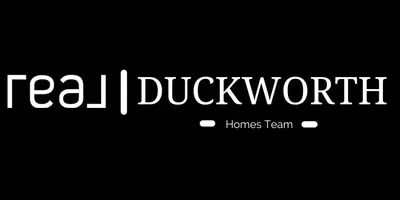

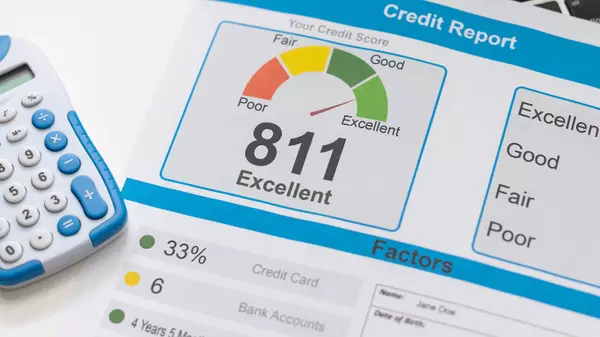
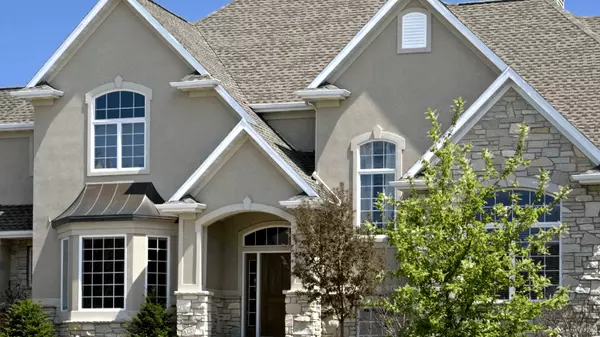
![Mortgage Income Requirements [2024]: A Guide to Securing Your Dream Home,Brendan Duckworth](https://cdn.chime.me/image/fs/cmsbuild/2024328/11/w600_original_54d0c3cf-4734-4e67-a71d-250ffd2c91bf-png.webp)


